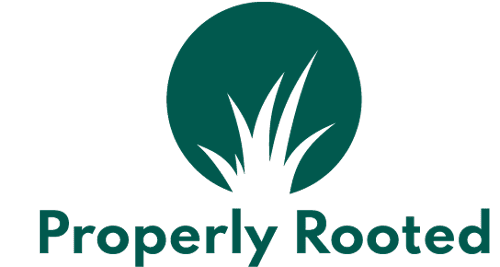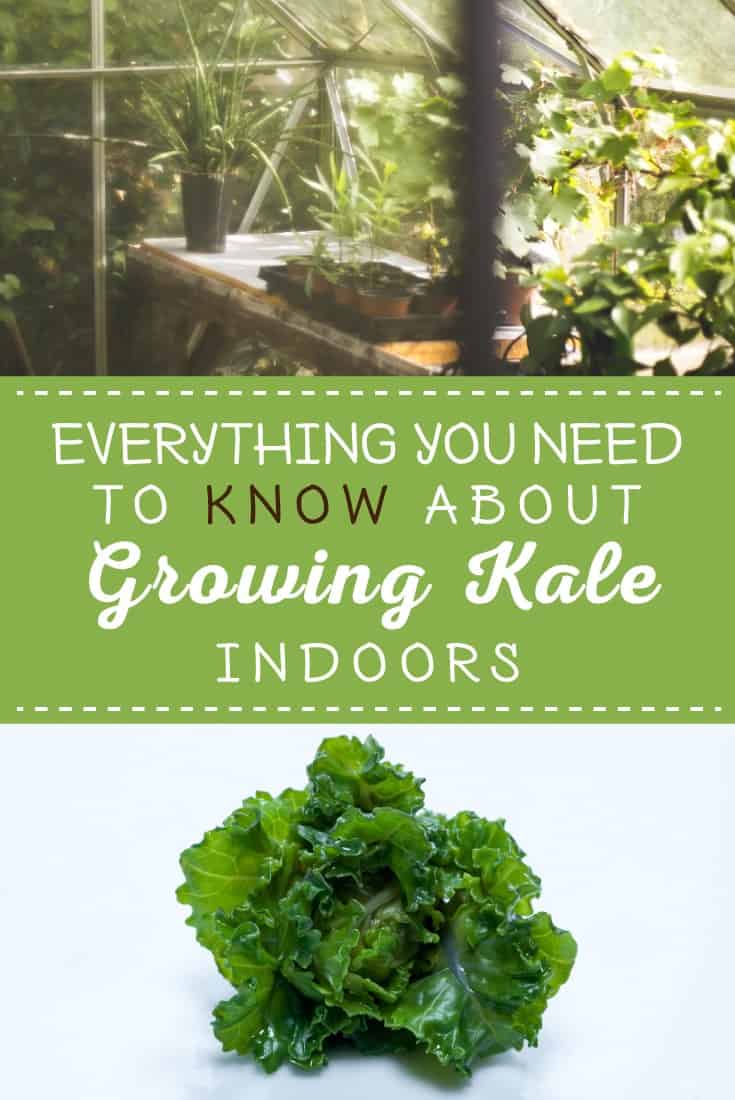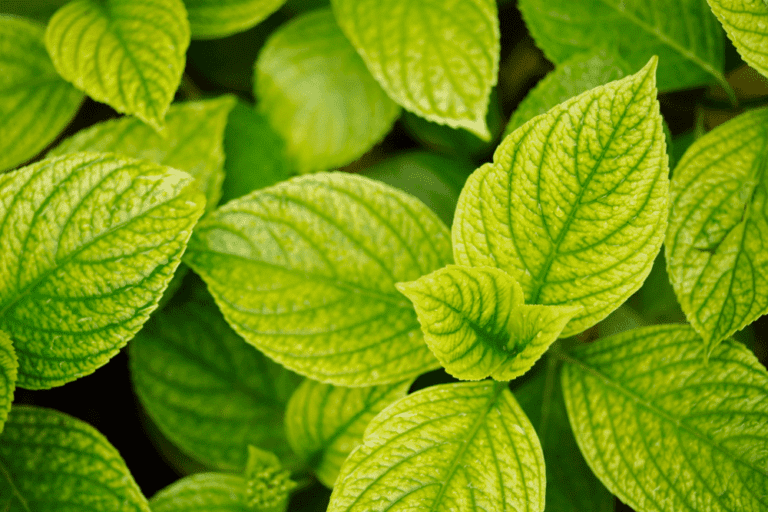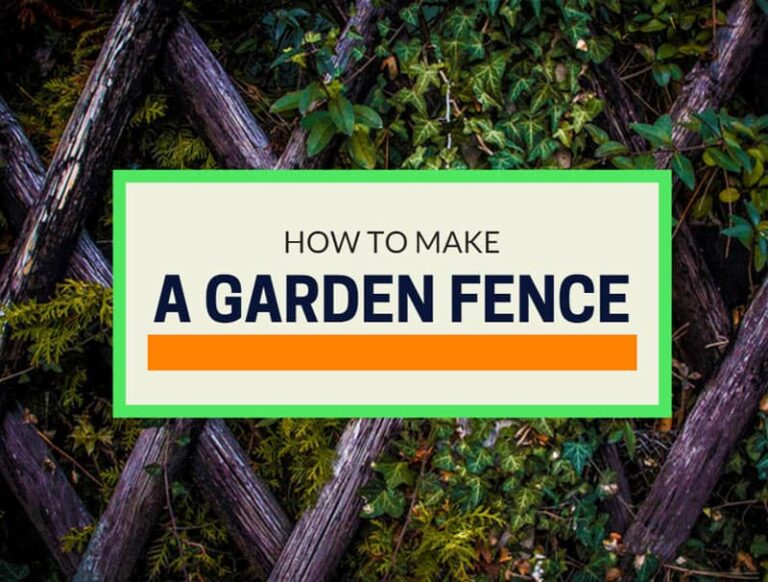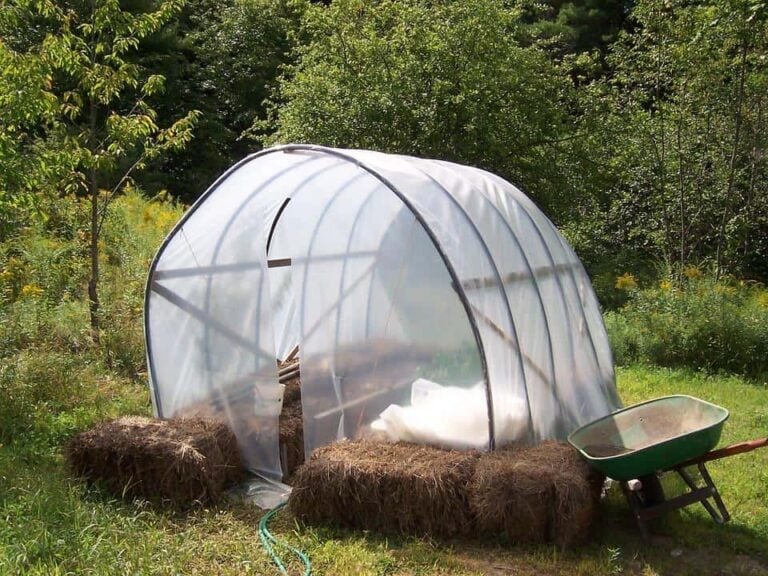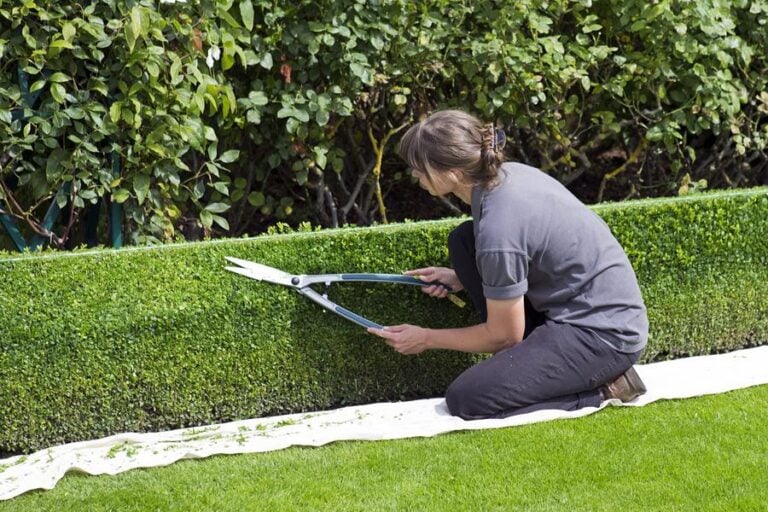Buying the Best Soil for Onions
The soil we think is one of the best for onions is Black Gold All Organic Potting Soil. Onions are one of the most popular veggies to grow on your own, and with good reason. They’re easy to grow, they tend to be one of spring’s first crops, and their capacity to be stored easily makes them very versatile. However, as is the case with other veggies, onions need the right environment to grow properly, and one of the most important components for this atmosphere is achieving good soil. Below, we’ve included a few more recommendations for good soils as well as some advice for using it.
Our Picks for Best Soil for Onions
[wptb id="506958" not found ]Onions in Brief
It’s obvious that onions are an important staple food that are enjoyed in dishes around the world, both in cooked and in raw form. They also come in various forms that extend beyond the realm of your typical bulb onion, such as non-bulbous leeks, ramps, and scallions.
Bulb onions are also rather famous for how much their maturity correlates to daylight, as their flavor and shape characteristics are dictated by the amount of daytime exposure they can get. For instance,“short-day varieties” need a longer planting period to produce large bulbs. “Long-day varieties” tend to be known for their spicy, full flavor.
These unique characteristics also have influence on where the bulbs tend to achieve maximum success. long-day varieties, for instance, need longer exposure to sunlight, they tend to flourish better in the northern part of the country, where the sun hangs around in the sky longer during the growing season than it does down south.
A Brief Look at Planting Onions
While growing onions can be a pretty easy feat to accomplish, you still need a few tools to help you get from plant to production. This video does a good job of showing the steps you’ll need to take in order to achieve success with your onion project. The video does cover onion-growing on a larger scale, but its principles can be truncated to fit a smaller garden setting.
The Importance of Good Soil
One of the reasons why onions are such a popular crop to produce at home is that they can grow in practically any type of soil, making them perfect for novice gardeners whose thumbs haven’t quite turned green. However, just because this is the case, this doesn’t mean you shouldn’t try to achieve the best soil possible.
If you plant your onions in poor soil, they may end up being nutrient deficient. When this happens, you may end up having onions that are discolored or, in the case of soils with poor drainage, waterlogged. Obviously, this will mess around with your crop’s flavor integrity.
Soil Basics
Ideally, you’ll want to plant your onions in a soil that’s rich in organic material, has sufficient drainage, and can be worked easily. There are plenty of approaches you can take to make sure your soil is producing this ideal environ.
If you’ve grown crops before, it’s in your best interest to plant your onions there if it’s not being used for other veggies. This is particularly the case if you have used the soil to grow corn, potatoes, or beans. With that being said, this doesn’t mean that you should keep your onions in the same spot every season – crop rotation is essential.
You can also infuse your soil with compost or fertilizer. These substances when spread out over your soil will break down over time; when they do, they’ll release key nutrients like nitrogen, phosphorous, and potassium into the soil. These nutrients will in turn provide the “food” needed for onions to thrive underground.
When you’re infusing these nutrients into your soil to make it optimal, it becomes incredibly important to make sure weeds find no quarter. Remember – weeds can and will rob the nutrients from your onions if they’re allowed to flourish, which could turn your backyard into a garden of disappointment.
The Importance of Soil Testing
If you’re serious about providing the optimum growing conditions for your onions, you may want to consider conducting a soil test for the planned growing spot. Doing so will help you see what kind of extra bagged soil or nutrients you may need to purchase to improve your garden’s performance.
Ideally, you’ll want your soil pH level to be between 6.2 and 6.8. If it’s not in this range, you can augment your soil’s performance by purchasing additional soil. Just keep in mind that dirt isn’t just dirt.
There are certain components to store-bought soils that you can utilize to precisely calibrate your garden to its maximum performance. A good bag of soil will provide you with appropriate labeling data regarding its makeup to help you make the most informed decision possible.
Our Recommendation: Black Gold 16-Quart All Organic Potting Soil
If there’s one thing that’s just as important as having good soil for your onions, it would be to make sure to have good fertilizer. A proper dose of the latter can further enhance your soil’s nutrient needs, to the point where your garden can turn into an onion-producing dynamo.
The reason we like the Black Gold 16-Quart All Organic Potting Soil is that it contains organic fertilizer within its composition of earthworm castings, pumice, and perlite. This extra elements eliminates a step for the novice gardener that may not be comfortable in knowing how to add fertilizer.
Even without the fertilizer, the extra soil can help make the process of growing onions a lot more efficient. This could be especially noteworthy if you’re someone that feels the pull of day to day life keeping you from devoting as much time as you’d like to give your garden.
Ultimately, securing an additional bag of soil can make it easy for you to achieve your endgame of producing delicious onions from your garden, regardless of what kind of onions you’re choosing to grow. How you decide to put them to use in your kitchen, of course, is entirely up to your discretion.
Photo by valenciamarkyv69 licensed under CC0.
